Alex Iles, is the Chief Executive of Southampton Mencap and also a full-time carer. She is married to Andy and is a mother to three children including Fiona, 41, who is the middle child and has a
learning disability
 A learning disability is to do with the way someone's brain works. It makes it harder for someone to learn, understand or do things.
.
A learning disability is to do with the way someone's brain works. It makes it harder for someone to learn, understand or do things.
.
“Routines have always been very important to Fiona and before the pandemic, we were working on her sense of time. I work full-time, so support staff would come in to help Fiona get ready in the mornings. She was also accessing four days of day
service
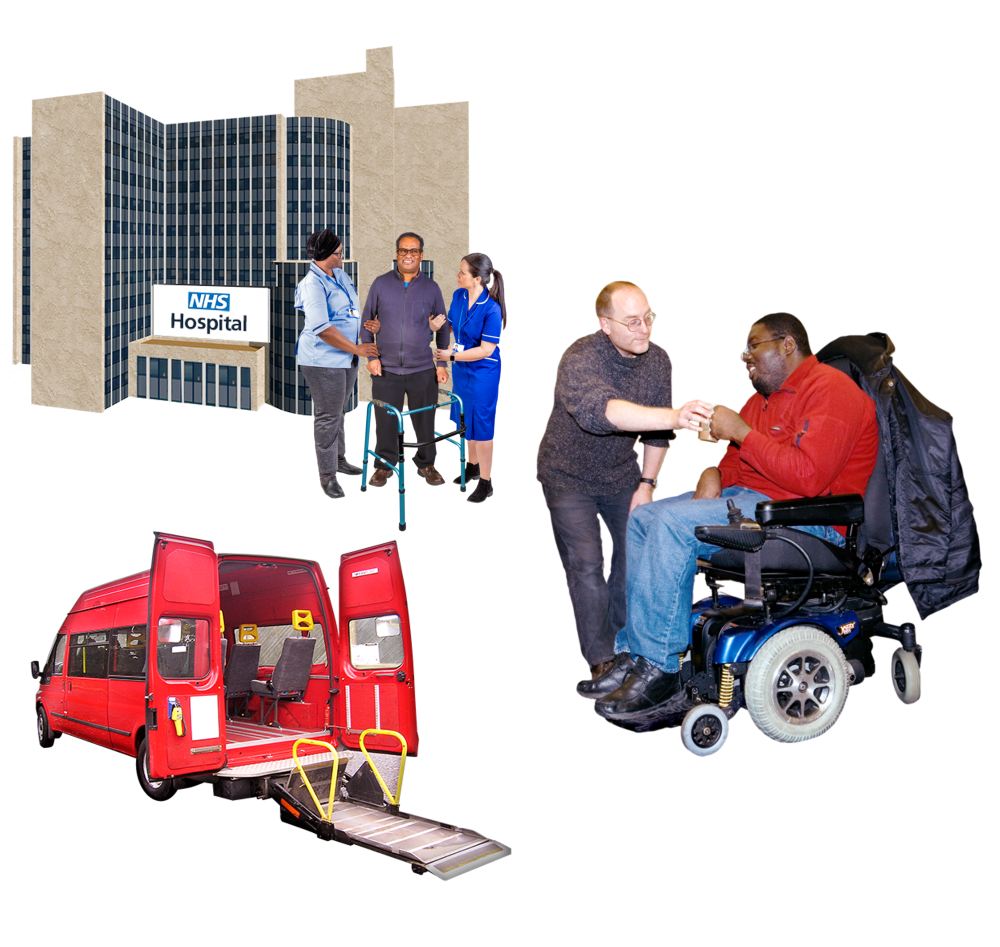 A service gives people what they need, like healthcare services that help people when they are ill, and support services that give people support.
provision and one day of support in the
community
A service gives people what they need, like healthcare services that help people when they are ill, and support services that give people support.
provision and one day of support in the
community
 A community is the people and places in an area.
, which was helping with her
independence
A community is the people and places in an area.
, which was helping with her
independence
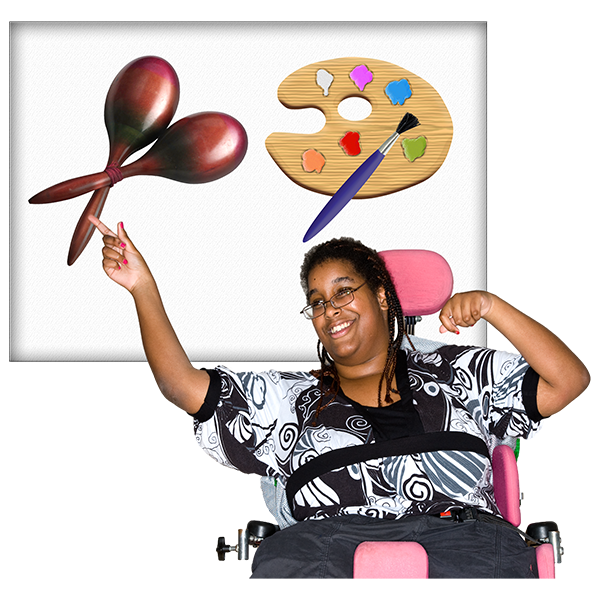 Independence means doing things on your own. Making your own choices.
skills.
Independence means doing things on your own. Making your own choices.
skills.
"The lockdowns had a very negative effect on Fiona and coupled with the announcement that people with
Down Syndrome
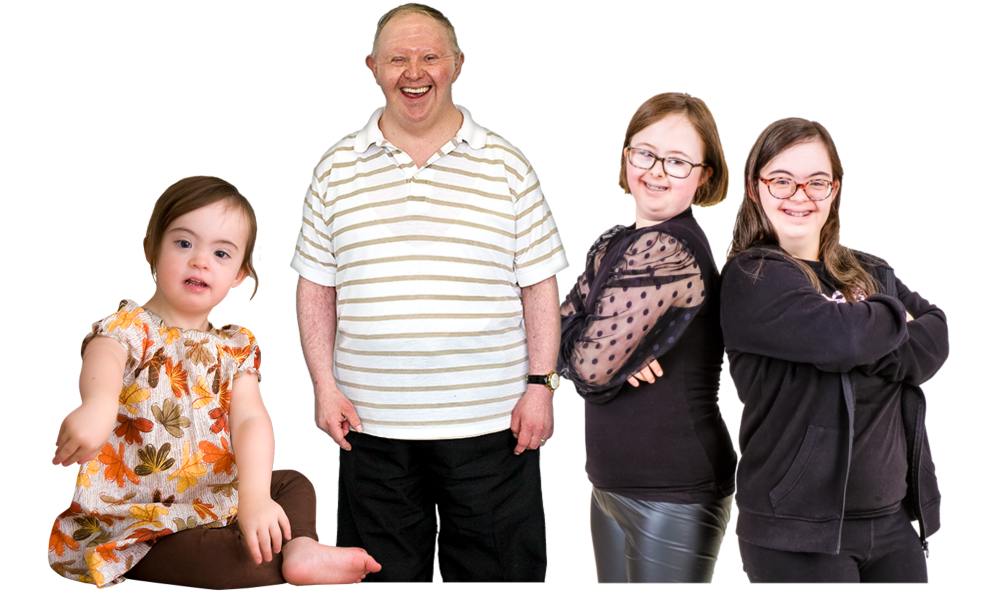 Down syndrome, also known as Down's syndrome, is a type of disability. People with Down syndrome may find it hard to learn new things and may need support. They may have more problems with their health too.
were clinically vulnerable and needed to shield, all of our support – care agency staff,
day services
Down syndrome, also known as Down's syndrome, is a type of disability. People with Down syndrome may find it hard to learn new things and may need support. They may have more problems with their health too.
were clinically vulnerable and needed to shield, all of our support – care agency staff,
day services
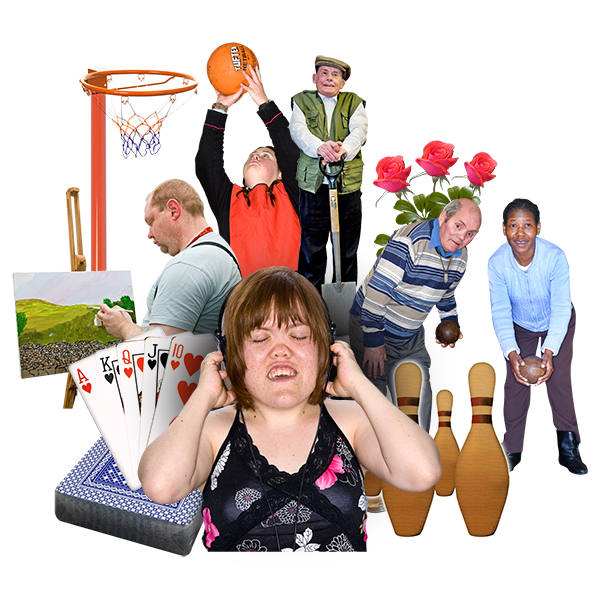 Day services are things some people with a learning disability do in the day, usually as part of a group. For example: drama or craft.
and help from our extended family – suddenly stopped. The pressure on us as parents was huge. When you care for someone, you’re already isolating to an extent, and the pandemic made that worse.
Day services are things some people with a learning disability do in the day, usually as part of a group. For example: drama or craft.
and help from our extended family – suddenly stopped. The pressure on us as parents was huge. When you care for someone, you’re already isolating to an extent, and the pandemic made that worse.
"We saw a deterioration in Fiona’s moods and she developed obsessive compulsive behaviours. By the time support started to trickle back into our lives again and day services opened back up in September 2021, Fiona couldn’t cope with the pressure of reverting to life as it was and getting ready on time every morning has become hugely challenging.
"I was working from home and found this really difficult as I would often be interrupted by Fiona when she needed something – her hair brushed, or something tied, and if I couldn’t help instantly she would stand there and freeze.
"Now, it still takes Fiona hours to leave the house and by this time, she’s already missed out on a morning of scheduled activities to improve her wellbeing. Fiona spends half of her waking hours worrying, and it’s sad that the mental health support available for people with learning disabilities is so lacking given the huge media focus on the problem in general.
There’s so much focus placed on Fiona’s learning disability, and services aren’t geared up to recognise or diagnose her mental health needs. Fiona doesn’t have a huge amount of control over her life and I believe these obsessive compulsive behaviours are her way of finding control in difficult situations."
"As a family, we don’t want these behaviours to rule her life. A referral was made to a specialist healthcare team which led to a baseline dementia
assessment
 An assessment is a way of finding out what help a person needs. When you have an assessment, you might have to go to a meeting or fill in a form.
. People with Down Syndrome are sometimes at increased risk of developing dementia as they age. Fortunately, the assessment didn’t show any worrying results, but there’s still been no interrogation into how Fiona is really feeling.
An assessment is a way of finding out what help a person needs. When you have an assessment, you might have to go to a meeting or fill in a form.
. People with Down Syndrome are sometimes at increased risk of developing dementia as they age. Fortunately, the assessment didn’t show any worrying results, but there’s still been no interrogation into how Fiona is really feeling.
"We worked with a speech therapist for several weeks, and she who introduced a series of photographs so Fiona could visually look at her routines and be prepared for any changes. This is the only support we’ve had in terms of managing Fiona’s obsessive behaviours.
"There’s a long way to go, and the stress of the last couple of years has caught up with me to the point where my own mental health also deteriorated. I took some time off from work as I was unable to sleep, focus or deal with things in an impartial way. This isn’t the way I want to be and I put a lot of pressure on myself to hide how I was feeling until things eventually came to a head.
"I try to keep my cool and be as softly spoken as I can when Fiona is obsessing over things, but sometimes I lose my patience.
"Still, it’s hard to see the wood from the trees. If you or I had a mental health problem, we’d be referred for talking therapies or advised to do different activities for our wellbeing. But it’s difficult for Fiona to engage that way. She can’t always speak about her frustrations and I don’t feel that mental health services are geared to meet the needs of people with a learning disability.
"The challenge going forward is how we educate people and treat someone like Fiona as an individual. We tend to lump people into categories rather than understanding what people with a learning disability might actually need. I know that just because Fiona can’t express something; it doesn’t mean that she doesn’t feel it. Things have to change for people like Fiona and specialist mental health support is needed.”

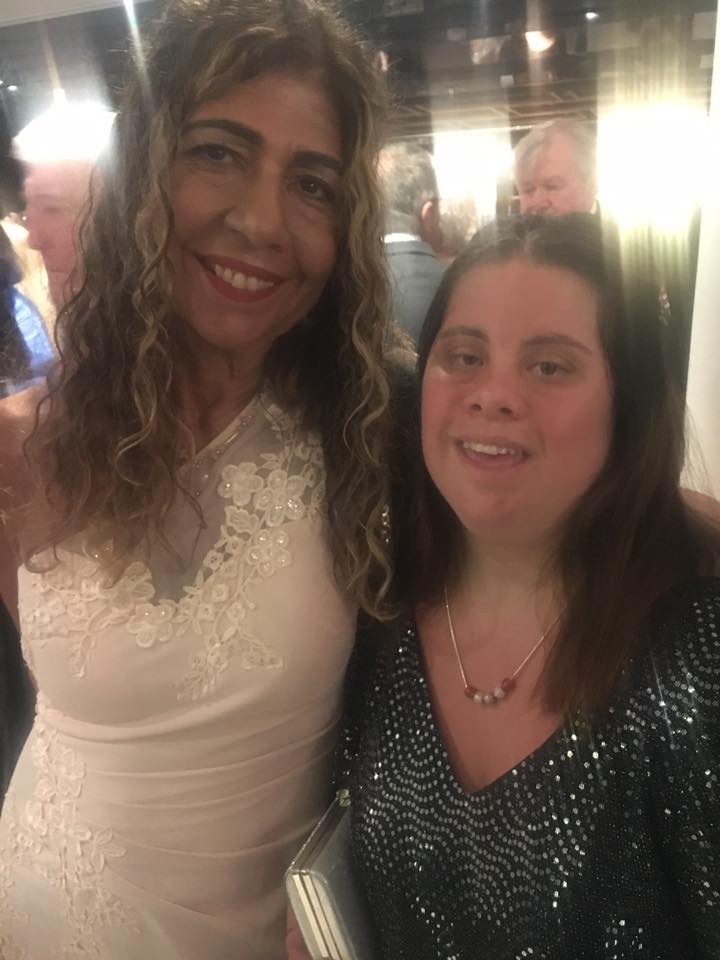

 By Mencap
By Mencap